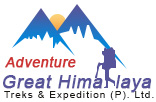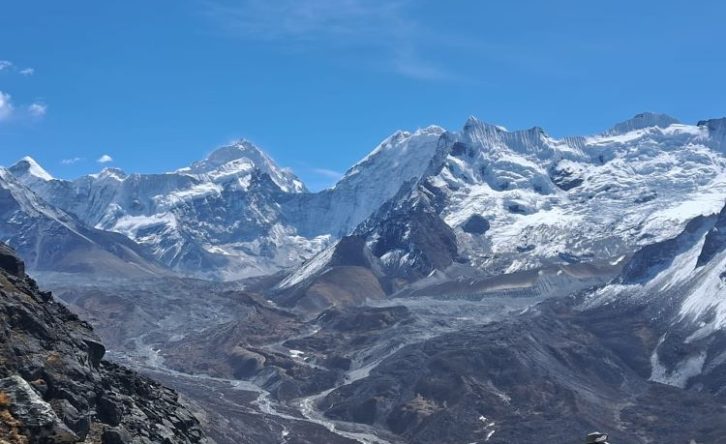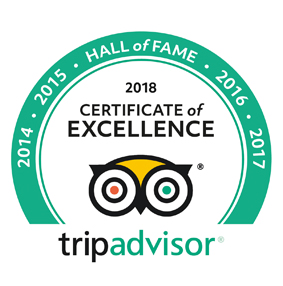Overview
Itinerary
More Trip Info
Trip Difficulties
This trek presents a challenging and demanding adventure, requiring proper hiking and trekking experience, as well as previous exposure to altitudes over 3000 meters. With no acclimatization days built into the itinerary, trekkers must be well-prepared both physically and mentally for the journey ahead.
One of the primary challenges of this trek is the ascent of Kala Patthar, standing at 5545 meters. The climb typically begins in the early morning, around 4 am, and involves a steep ascent lasting approximately one hour. The temperature at this altitude can drop as low as -5 degrees Celsius, necessitating warm clothing including a good jacket, gloves, hat, and sturdy hiking boots.
Best time to Visit Everest Base Camp
Choosing the right time to undertake this trek is crucial, especially given its condensed nature and the absence of extra days in case of inclement weather. While the trek is feasible year-round, trekkers should aim for the optimal seasons to minimize the risk of adverse conditions. The best times for the Everest Base Camp short trek are generally considered to be from October to December and from March to June, when the weather is generally more stable and conducive to trekking. These months offer the best chance of clear skies and favorable conditions for a successful and enjoyable trekking experience.
Lodge accommodation during the trek
During our 7-night / 8-day short base camp trek, accommodation consists of normal twin-sharing lodges. Each room provides clean bedding, a seat, pillow, and mattress for a comfortable rest after a day of trekking. For those seeking a touch of luxury, upgraded lodge options are available at an additional cost, offering added amenities and comforts along the journey.
Hot Shower
Hot showers are accessible for USD 5 per person during the Everest Base Camp trek, excluding the last two nights. Yet, if requested, lodges may offer bucket showers for USD 10 per person. It’s essential to bring your own toiletries, including soap, shampoo, and bathing towel, as they are not provided by the lodges. Please plan accordingly for your hygiene needs during the trek.
Drinking Water
Drinking water options along the Everest Base Camp trek include bottled water or filtered water available for purchase at tea shops and lodges along the way. Bottled water typically costs USD 3 per bottle, while boiled water is available for USD 2 per liter. It’s important to stay hydrated during the trek, and carrying a refillable water bottle or hydration system is recommended to minimize waste and expenses. Please plan accordingly and ensure you have an adequate supply of water for your journey.
Cost Include / Exclude
Service included
- Necessary Everest Trekking Permit
- Kathmandu \ Lukla \ Kathmandu Flight ticekt
- Gorakshep to Lukla sharing helicopter
- Meals on trekking – ( Breakfast, Lunch, dinner)
- Lodge to Lodge twin sharing Accommodation on trekking
- Round trip Lukla flight ticket
- A Professional Trekking guide
- A Strong Sherpa Porter (One porter for 2 members)
- Guide, Porter insurance, Meals, Accommodation and well paid salary
- Company T-Shirt, Duffel Bag
- Medical supplies (first aid kit will be available)
- All Government Taxes and Service charge.
Service excluded
- Personal travel insurance and emergency rescue evacuation.
- All the Hot and bottle of drinks Hot Shower,
- Wi-Fi , Electronic Device re-Charge
- Tipping



